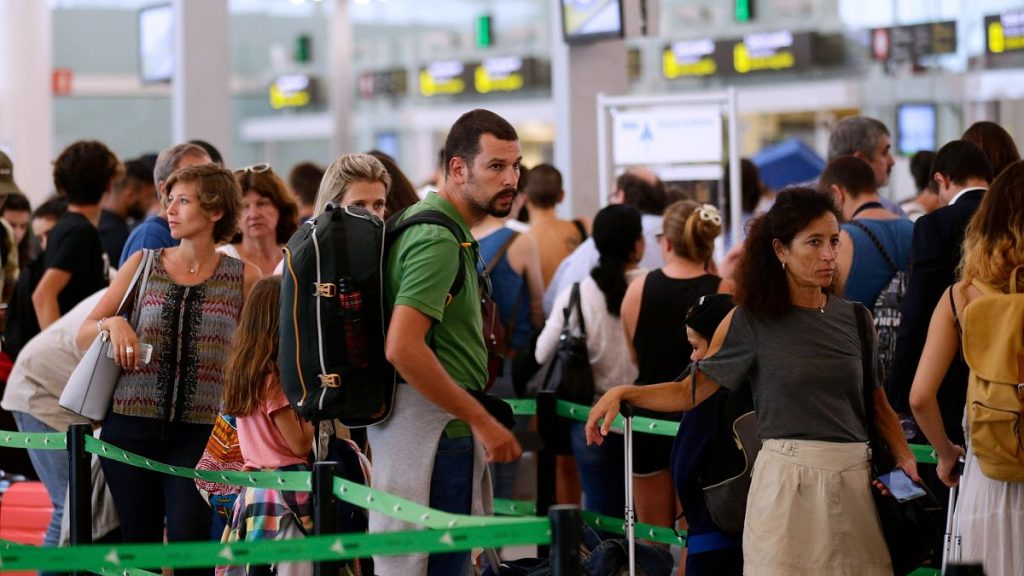Summary:
The EU’s New Digital Border System (EES), set to launch in October 2023, is a crucial step toward making Europe the most advanced destination globally. The system is designed to enhance border security and identify travelers who exit their permitted time in the Schengen Area, allowing them to avoid crowds and congestion ahead.
The EES will require border crossings to feature dedicated infrastructure, with the kingdom providing £3.5 million in funding for registration kiosks at key points. Over six months since the launch, EU countries will gradually introduce the system to all border crossing points. Non-EU travelers will need to complete an online registration process, while EU citizens who require a visa will still need to comply with arrival checks.
Passengers using the EES will be registered with their name, fingerprints, biometric data, and entry/exit details, stored for up to three years. This technology will streamline cross-border processing while ensuring security and efficiency. Quesures about queue lengths may arise due to the new scanning technology, but measures by border authorities, including Eurostar and Eureachay hubs, aim to minimize those issues.
The EES will transition smoothly into the European Travel Information and Authorisation System (ETIAS), a multi-region initiative that commences in late 2026. Introduced in conjunction with the EES, ETA will provide authorisations to non-EU travelers, with some exceptions for minors and individuals over 70.
BRITAIN’S /*! DIGITALtlement will see a doubling of the number of border booths, from 24 to 49 as part of the EES launch. This Expand will help alleviate overcrowding at important stations like London St Pancras and further speed up processing for E_future. The integration of the EES with major European hubs, including the Eureachay region, ensures seamless travel through border entry and exit points.
Non-EU travelers with extended stays must complete a fast-track check-in and make additional arrivals, detailing their nature. This will include checkpoint monitoring and required travel apps. EU citizens who need a visa for extended stays must also follow entry procedures.
The Ophelia Eureachay Hub aims to coordinate border staff for seamless processing, with dedicated PBS at Eureachay ensuring greater efficiency. Overs/logout Solutions will reallocate resources to better support border operations.
The EES, now already operational in 24 stations, supports agents and operators with newcomers, potentially reducing delays at border crossings.


